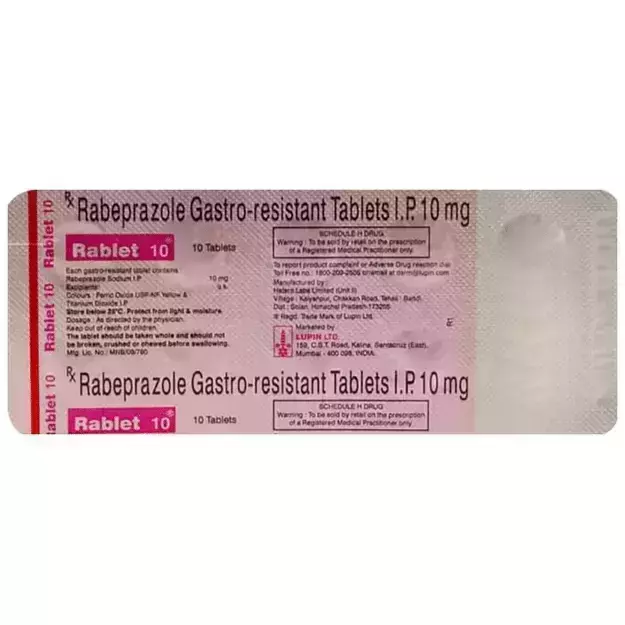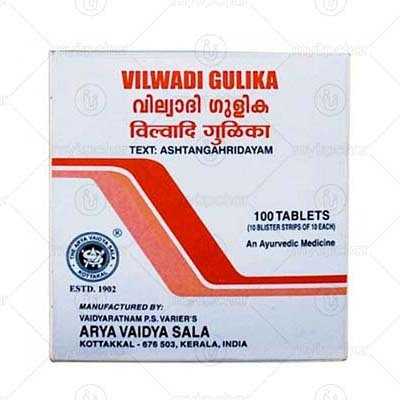Rabica, a prescription drug, is manufactured in various forms such as Tablet. Primarily, it is used for the treatment of Acidity. Other than this, Rabica has some other therapeutic uses, which have been discussed ahead.
Medical history of the patient along with age and gender determines the dosage of Rabica. The condition it has been prescribed for, and the route of administration also determine the right dosage. Refer to the dosage section for a detailed discussion.
Common side effects of Rabica include Diarrhoea. Besides the aforementioned side effects, there are other adverse effects of Rabica as well, which are listed below. Normally, these side effects of Rabica are not long lasting and go away when the treatment is finished. If, however, they worsen or do not go away, please speak with your physician.
Furthermore, you should know that effect of Rabica is Safe for pregnant women and Moderate for women who are breastfeeding. In addition, Rabica's effects on the liver, heart and kidney are discussed below in the Rabica related warnings section.
Rabica is not recommended if you suffer from certain medical conditions as it can have adverse effects. Diarrhea (Loose Motions) are examples of such conditions. The section on Rabica contraindications lists all such conditions.
Additionally, Rabica may also adversely react with other medicines. Refer to the list below for further details.
In addition to these precautions, you may also note that Rabica is not safe while driving, and is is not addictive in nature.
X

























